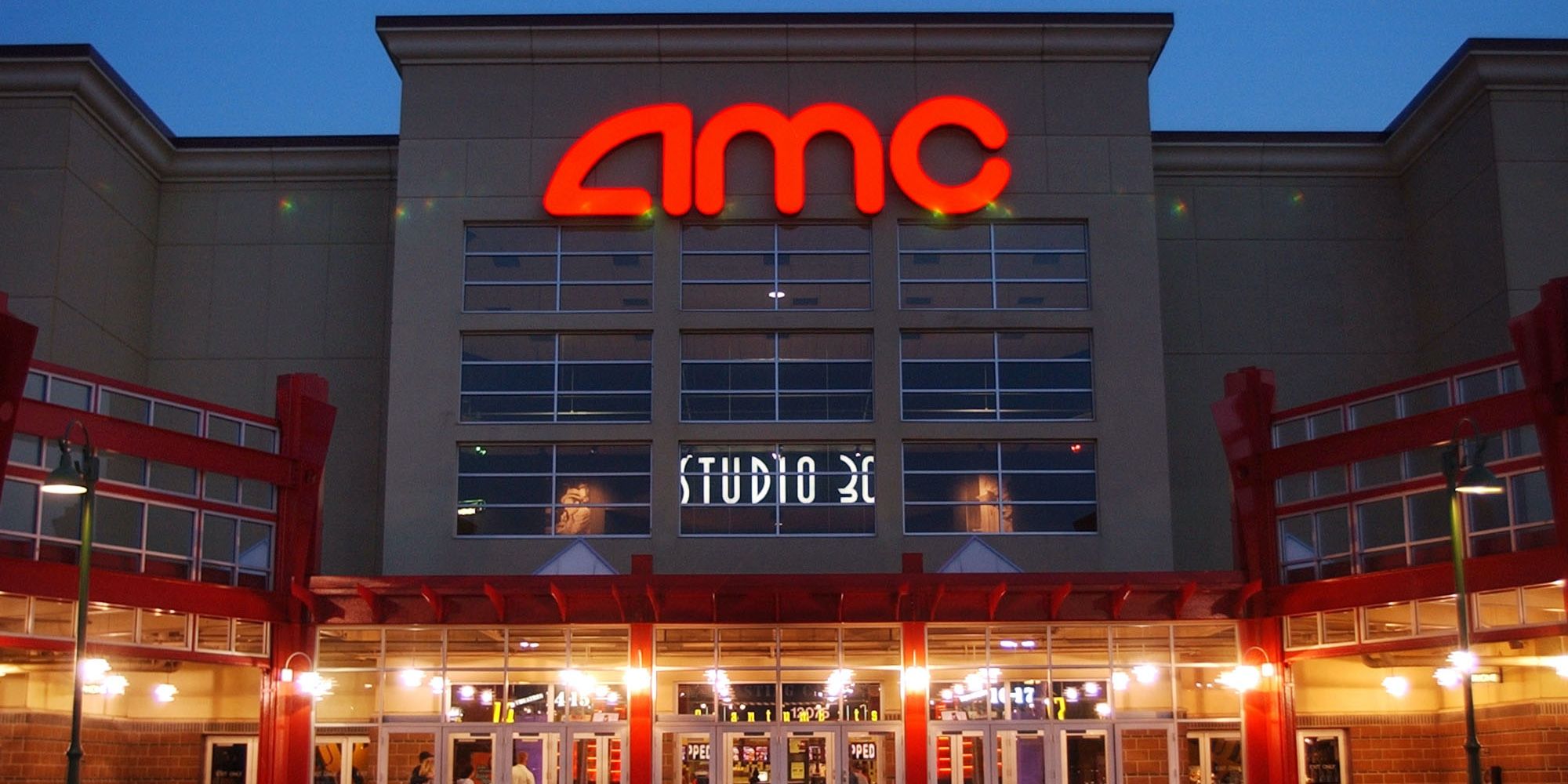A letter signed by several prominent filmmakers, including Christopher Nolan and James Cameron, is urging Congress to help save America’s struggling movie theaters. Theaters in many states recently reopened on a partial-capacity basis, mainly to host Nolan’s new film, Tenet. Despite major campaigns promoting the film and efforts on behalf of companies like AMC and Cinemark, the reopening efforts have not brought enough revenue to sustain the theaters.
As the coronavirus pandemic drags on, and the fall promises to bring a rise in case numbers once again, the fate of theaters is uncertain. Tenet was heralded by many as the savior of the big screen, but even a Christopher Nolan blockbuster hasn’t been enough to shoulder the weight on its own. The film barely broke $41 million domestically after its fourth weekend. And while the film remained at number one during that fourth weekend, it was the weakest performance for a number one at the box office in over 30 years, bring in just $3.4 million.
With the very survival of movie theaters in question, filmmakers have penned a letter to Congress asking that unallocated CARES Act funds be used to help the industry stay afloat. Per Deadline, the letter’s signatories include Nolan, Cameron, Sofia Coppola, Greta Gerwig, Rian Johnson, Martin Scorsese, Adewale Akinnuoye-Agbaje, Patty Jenkins, Steve McQueen, Zack Snyder, Taika Waititi, and many more. The letter has also been signed by executives from NATO, the DGA, and the MPA. You can read an excerpt below.
“The moviegoing experience is central to American life. 268 million people in North America went to the movies last year to laugh, cry, dream, and be moved together. Theaters are great unifiers where our nation’s most talented storytellers showcase their cinematic accomplishments. Every aspiring filmmaker, actor, and producer dreams of bringing their art to the silver screen, an irreplaceable experience that represents the pinnacle of filmmaking achievement.
As well as their critical cultural impact, theaters are economic force multipliers. In addition to the 150,000 employees working in cinemas nationwide, the industry supports millions of jobs in movie production and distribution, and countless others in surrounding restaurants and retailers that rely on theaters for foot traffic. Movie theaters are also leaders in employing underrepresented groups, including people with disabilities, senior citizens, and first-time job holders. Cinemas are an essential industry that represent the best that American talent and creativity have to offer. But now we fear for their future.”
In response to the COVID-induced theater closures, more and more films have been launching on video-on-demand and streaming services without any theatrical release. Some filmmakers have even theorized this trend will see aftereffects beyond the pandemic. The kinds of films that will see proper theatrical releases in the future will shrink dramatically. Major companies are still experimenting with monetization methods for major digital premiers, most notably Disney charging a $30 premium fee to watch the live-action Mulan remake on Disney+.
For the millions of fans who live for the movies, any relief to the industry would mean a great deal. For the artists, business owners, and workers who depend on the film industry, it would mean a great deal more. The active show of solidarity among so many prestigious filmmakers is an encouraging sign, but only time will tell if it’s enough to save the American movie theater.
Source: Deadline


